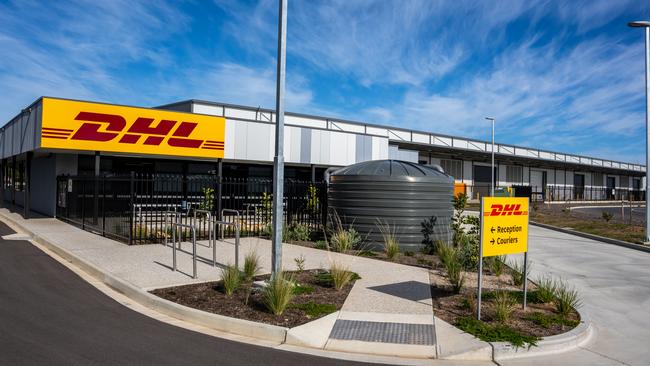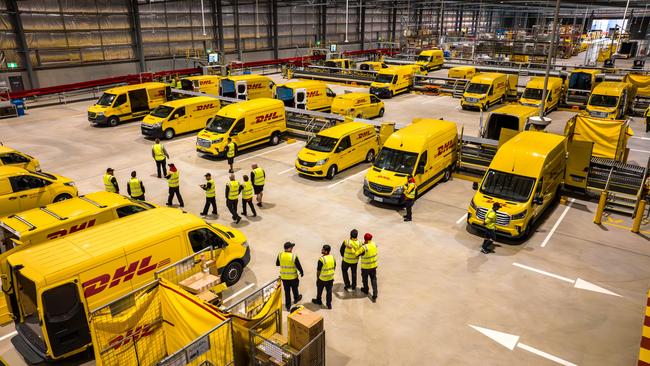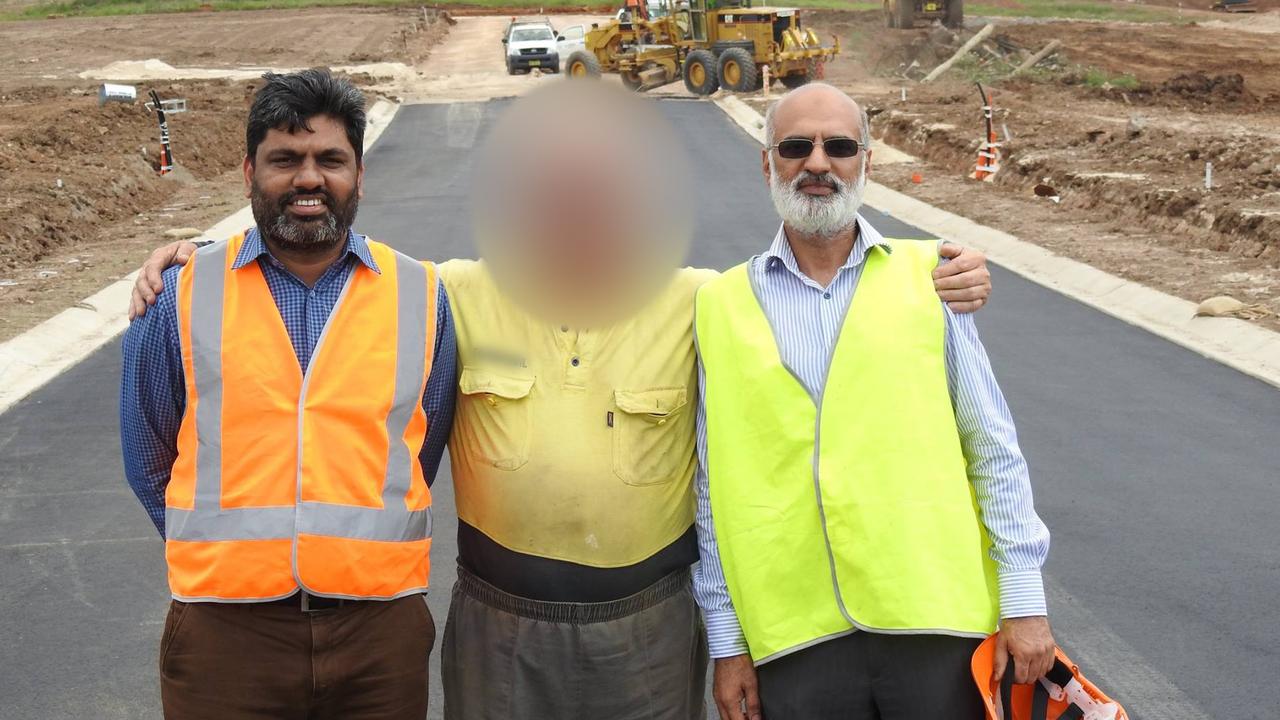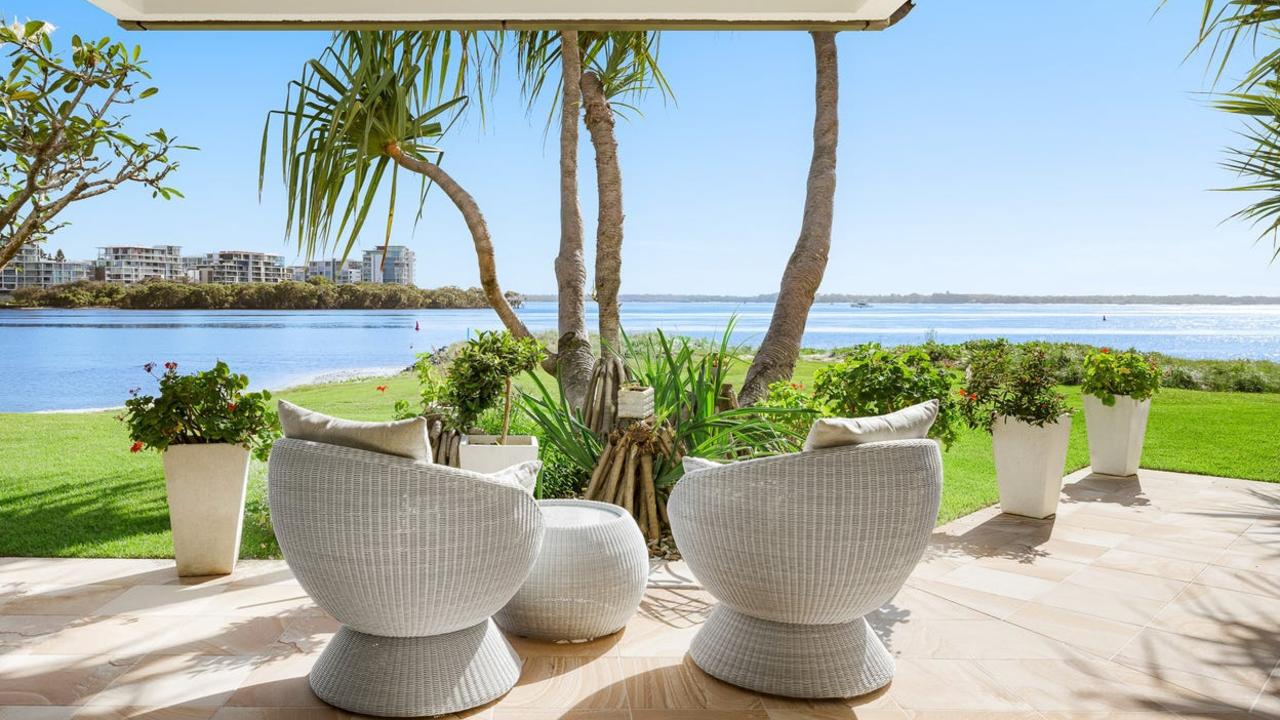DHL Express unveils $32m facility to support booming trade with Asia
DHL’s regional head says Australia’s trade growth with Asia is fuelling confidence in new investments, despite uncertainty in the wake of Trump’s tariffs plan.

The regional head of DHL Express says Australia’s burgeoning trade with Asia is fuelling confidence in new investments across its Australian logistics network, despite uncertainty over global trade flows in the wake of Donald Trump’s election victory and tariffs plan.
Ken Lee, who heads up the shipping and logistics giant’s Asia Pacific operations, said regional free trade agreements, an improving trade relationship with China, and high global regard for Australian products put the country in a strong position to benefit from emerging economies across the region.
“Seven of your 10 most connected countries to Australia, they are actually within Asia Pacific,” he said.
“Australia has 17 or 18 free trade agreements covering 20 countries, and you go through those 20 countries and the majority of them are within Asia Pacific. I think the two most prominent ones being your CPTPP (Comprehensive and Progressive Agreement for Trans-Pacific Partnership) and your RCEP (Regional Comprehensive Economic Partnership).
“And as you see Asia Pacific grow, as you see more intra-Asia trade, I think Australia is in a very good position to take advantage of that growth.”
Regarding trade between Asia Pacific and the US, and the chance of heightened tensions between the world’s two largest economies, Mr Lee says the outlook is a little more uncertain.
“Everybody’s watching the space carefully,” he said.

“Obviously there are expectations that there’s going to be heavier tariffs on Chinese outbound shipments, and the high tariffs might even spread to some of the intermediary markets - that’s number one.
“Number two is there was an observation waiting to see whether they’re going to revise the de minimis threshold values into the US.
“In one way or another, it’s going to impact the trade flow. I don’t think we are in a position to predict what’s going to come, but we have to be prepared.”
Chinese e-commerce platforms are the main beneficiaries of the de minimis exemption in the US, which provides shipments valued at $800 or less an exemption from import duties and taxes.
Mr Lee was in Australia last week for the unveiling of DHL’s new $32m Adelaide Gateway sorting and handling facility at Adelaide Airport.
Shipments that were previously required to be routed via other Australian cities can now travel directly to Singapore before their onward journey to global markets, cutting transit times by a full day.
The new 8600sq m facility is four times larger than DHL’s previous site in the South Australian capital, and is the second in the country to provide a direct-load system that enables the direct transfer of parcels from the conveyor belt into the backs of vans.
Mr Lee said the development followed the recent opening of a new $14m service centre in Newcastle, to support small businesses looking to export from the Hunter and Central Coast regions of NSW. New service centres are also earmarked for Melbourne and Sydney.
“Our principle has always been that our investments are guided by where our customers want us to be,” Mr Lee said.
“We constantly review our infrastructure, our handling capacities. We watch closely where the volume trends are coming from, and we always want to ensure that we investigate the curve so that we can reach the growth when it happens.
“I can say the same for South Australia, and the upgrade of these facilities means that we have confidence that South Australia is going to be the next growing market.”




